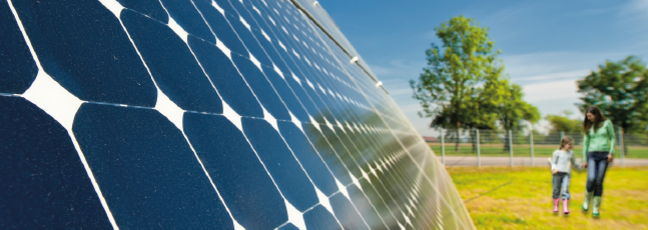
December 20, 2013, by Helen Whitehead
Advent Calendar #20: The evolution of Sustainability, Society and You
Sarah Speight writes: When we start on January 6th, we will be into the third version of the course that is now Sustainability, Society and You and will have had the benefit of developing and refining it over a 9-month period. We have gathered feedback already from the University of Nottingham students and staff who have taken or supported versions 1 and 2 – we have a good idea now of what works best for our core aims: engaging with the issues and each other, looking at sustainability from both global and local perspectives and using both deep knowledge and practical advice to encourage reflection and change.
Helen Whitehead and I have enjoyed the challenge of constructing a range of activities to keep people motivated as they move through each week. There are lots of discussions about often quite tricky areas (Is sustainability a moral obligation?; What impact does our cultural relationship with food have upon strategies for achieving sustainability?) and blog postings in which we ask you to reflect upon whether you approach the world from an anthropocentric or ecocentric standpoint (if you don’t recognise these terms, that’s one reason to sign up for the course).
Participants in the earlier versions have told us how useful they found measuring their water footprint and auditing their household waste – practical information gathering exercises that have helped us to reconsider priorities and practices. Critical thinking was deployed to assess the effectiveness of corporate sustainability strategies and the bewildering volume of information available to us via the internet. The power of the visual was used to build a fascinating ‘image bank’ depicting the history of the sustainability movement. We have tried to balance the activities to achieve a mix of deep thinking and practical action – this is reflected in the optional online seminars we have offered which range from a discussion of environmental ethics to a tour of our ‘upcycler-in-chief’ Mike Clifford’s office.
Now on our third iteration, we have concentrated upon introducing some new content to broaden the range of academic disciplines included, and have been more selective in our readings to try and avoid information overload. So far, we know that the course has been taken and valued by university students, and staff at all levels, but also by small businesses connected to the university who are looking for ways to inform and enthuse their staff. I think the diversity of approaches we highlight is incredibly important and the major strength of the course – it also means that there should be something of interest for everyone. Please dip in and see what grabs you.
You can sign up now for the MOOC Sustainability, Society and You course on the FutureLearn website.

It sounds like a really exciting course and I’m really looking forward to joining in. One of the questions that immediately comes to mind when one questions the ethics of sustainability is why so often it is introduced only as a binary between the “anthropocentric and the ecocentric”. What happened to (at least) the third option “theocentric”? I’m sure there are Gaians, environmental Christians and others of the Abrahamic faiths who might construct their understanding of sustainability quite differently.
If we understand ecocentrism to involve Earth, not humanity, as the Life-center, it seems to me that ecocentrism takes us to an unnecessary extreme. It appears sufficient to consider that we are all concerned about human survival and that a balanced view of how humans interact with the rest of nature is essential. There is no need to deify the Earth. Similarly, relying on various iterations of the Abrahamic faiths is unnecessary to come to an understanding that we are all in this life thing together, and need to act sustainably, if we are to endure as humans. That is cake enough for me — no need for excess frosting. Anthropocentrism is another idea that when taken to extremes is nonsensical. We have no choice but to interpret or regard the world in terms of human values and experiences, since we cannot escape being humans. That does not mean that we should consume willy nilly, to the detriment of the environment that we need to sustain us. I think that the dichotomy that we have to consider is extremism of any sort versus reasonable understanding of and respect for the natural systems that sustain us.